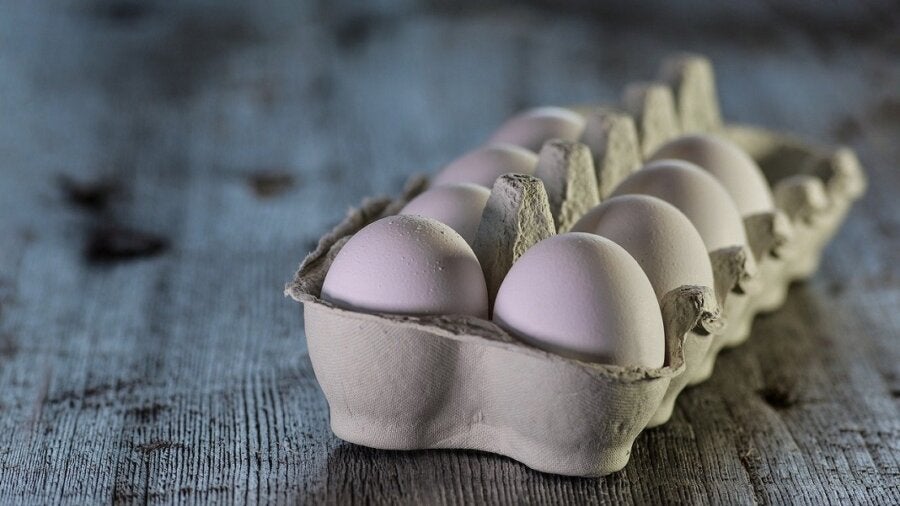

Which comes first, the chicken or the egg? This eternally-confounding question now has an answer—that is, if just the egg white counts. In a continued expansion of the list of animal products now being made without animals (such as salmon, bacon, steak, and milk, to name a few), San Francisco-based Every Company just released its Every EggWhite. The company says its product is identical to the real thing but made fully synthetically, without any chickens.
This is possible with a technique known as precision fermentation, simply defined as industrial-scale brewing of organisms to produce specific compounds. microbes act as tiny cell factories and are directed to produce a specific product. To get a little more specific: scientists create genetically engineered microorganisms like yeast, algae, or bacteria, programming them to pump out certain proteins or fats when they’re fermented—that is, fed sugar and allowed to grow. The process is essentially the same as that used to make beer, kombucha, kimchi, or any other fermented food, and similar to alcohol, the value here is in the byproduct of the process rather than in the thing being fermented.
The Every Company uses DNA sequencing data from chickens to create what it calls a “protein recipe” for making egg whites with the same molecular components as real eggs. They insert the DNA sequence of chicken egg protein into yeast then feed the yeast with sugar. As the yeast eats the sugar and ferments, it pumps out the egg white protein.
Though it uses genetically modified organisms (GMOs) for its production, the end product doesn’t count as a GMO, because the protein itself doesn’t contain genetically engineered components. That means the Every Company can sell its egg whites without having to label them as GMOs under the FDA’s National Bioengineered Food Disclosure Standard (which is not to say that GMOs are bad or harmful, though they’re perceived as such by many a consumer).
Anyone who cooks or bakes knows eggs are a key ingredient for binding, stabilizing, and adding moisture to recipes. They’re also a hard ingredient to find adequate substitutes for; common suggestions like flax seeds, chia seeds, or applesauce don’t quite get the job done. The Every Company says its egg whites have “outstanding culinary functionality,” and will behave just like real eggs in anything from baked goods to homemade pasta to sauces, dressings, or cocktails.
The first commercial baked good the synthetic egg whites will be used in is French macarons (which the press release calls the “holy grail of egg white taste and functionality”—who knew?), made at a trendy bakery in San Francisco and sold for a hefty price of $28 for a box of six.
The company notes that its method for making egg whites uses a lot less water, land, and energy than raising and maintaining chickens does. This is one of the main promises of cellular agriculture (including vertical farming and plant-based ‘meat’); as populations grow and the planet warms, feeding billions of people isn’t about to get any easier. Throw in the energy crisis we’ve been plunged into, and things could get pretty complicated.
Whether or not growing engineered proteins in bioreactors will be a viable, scalable solution to some of these issues remains to be seen, but for now, at least it may slightly reduce the number of chickens being made to lay eggs night and day. And since Every Company’s scientists needed the sequenced DNA of chickens to formulate their protein recipe, now we know: the chicken came first.
Image Credit: monicore / 1146 images